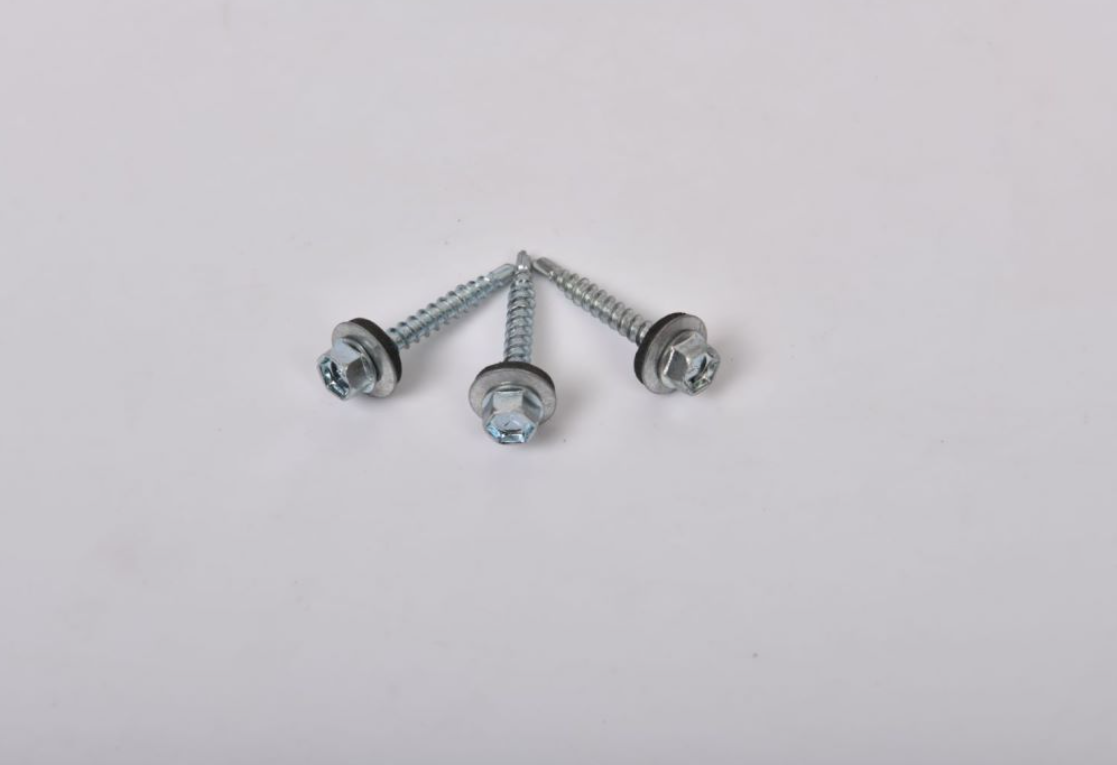Exploring Various Sizes and Specifications for Self-Tapping Machine Screws in Today's Market
Understanding Self-Tapping Machine Screw Sizes and Their Applications
When it comes to fastening components in various industries, self-tapping machine screws have become an integral part of the manufacturing and assembly processes. These screws drive themselves into materials, creating their own threads, which allows for quick and efficient assembly. However, the diverse range of sizes available can be overwhelming. Understanding the sizes and specifications of self-tapping machine screws is crucial for selecting the appropriate screw for your project.
What are Self-Tapping Machine Screws?
Self-tapping machine screws are designed to be used in metal, plastic, and wood without the need for pre-drilling. They can thread into the material, providing strong and durable joints. Typically, these screws have a sharp point that helps penetrate the material when driven in. They are categorized into two main types thread-cutting screws, which remove material to create threads, and thread-forming screws, which displace material to form threads without cutting it.
Common Sizes and Variations
Self-tapping screws come in a wide range of sizes, which can be specified in terms of diameter and length. The size of a screw typically follows a standardized system and can be identified by its gauge number, diameter, and length. Common diameters for self-tapping machine screws include 4, 6, 8, 10, and 12, with corresponding lengths that can range from 1/2 inch to several inches, depending on the application.
When selecting a screw size, consider the thickness of the material you plan to fasten and the load it needs to bear. For example, a thicker material will often require a longer and thicker screw to ensure a secure hold. Additionally, the application environment may dictate whether you need a screw made of corrosion-resistant materials, such as stainless steel or coated screws designed to withstand harsh weather conditions.
Thread Type and Design
self tapping machine screw sizes products

The design of the screw's threads also plays a crucial role in its performance. There are different thread types, such as coarse and fine threads, each serving specific purposes. Coarse threads are generally used for softer materials and allow for quicker insertion, while fine threads provide greater holding strength in harder materials.
Furthermore, self-tapping screws can come with different head designs, including flat, pan, or hex heads. The choice of head design impacts the screw's driving method and can influence how the finished product looks. For instance, a flat head may be preferred in applications requiring a flush finish, while a hex head might be chosen for mechanical advantages in tightening with a wrench.
Applications Across Industries
Self-tapping machine screws are ubiquitous in various sectors, including automotive, construction, electronics, and appliances. They are commonly used to assemble parts of machinery, secure components in appliances, and even in the construction of buildings where metal and wood components need to be joined.
For instance, in the automotive industry, self-tapping screws are used to secure body panels, electronics, and other components. Their quick installation capability saves time during assembly, which is especially important in high-volume production environments.
Conclusion
Understanding the sizes and specifications of self-tapping machine screws is essential for achieving successful fastening solutions in various applications. By considering factors like screw size, thread type, and material, you can ensure that you select the right screw for your needs. Whether you're an engineer, a contractor, or a DIY enthusiast, having a comprehensive knowledge of self-tapping screws will enhance your ability to make informed decisions in your projects. This, in turn, leads to improved durability and safety in your applications.
-
Top Choices for Plasterboard FixingNewsDec.26,2024
-
The Versatility of Specialty WashersNewsDec.26,2024
-
Secure Your ProjectsNewsDec.26,2024
-
Essential Screws for Chipboard Flooring ProjectsNewsDec.26,2024
-
Choosing the Right Drywall ScrewsNewsDec.26,2024
-
Black Phosphate Screws for Superior PerformanceNewsDec.26,2024
-
The Versatile Choice of Nylon Flat Washers for Your NeedsNewsDec.18,2024










